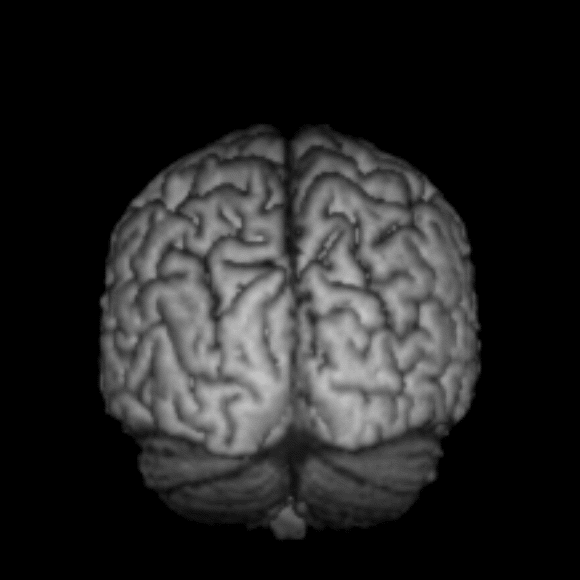AUDREYANA JAGGER-RICKELS
Postdoctoral Scientist in the Boston Attention and Learning Lab
I want to use writing, neuroscience, and technology to improve learning and mental health, for everyone

A LITTLE ABOUT MY METHODS AND MADNESS

I am a newly minted PH.D. from Southern Illinois University. My dissertation project studied the development of functional and effective resting-state connectivity during adolescents with and without comorbid neurodevelopmental disorders. Now, I have a new position at the Boston Attention and Learning Lab at the Boston VA. I am excited to begin studying unique patterns of resting-state connectivity (i.e., Biophenotypes) in PTSD and other aspects of translational neuroimaging
The modalities I use to examine the human brain include neuropsychological assessments, resting-state fMRI (functional connectivity), and structural MRI (i.e., VBM). The methods I have or plan to use include multivoxel pattern analysis, graph theory, functional connectivity, dynamic causal modeling, some computational modeling, and dynamic functional connectivity.
In addition to my methods and analysis, I am excited to start exploring the world of science communication. In fact, I started a blog on this website just for me to start practicing and sharing! If you have a psychology or neuroscience topic you would like to hear a scientist opinion on, contact me!

HIGHLIGHTED PUBLISHED WORK

THE ORGANIZATION OF FUNCTIONAL AND EFFECTIVE CONNECTIVITY OF RESTING-STATE BRAIN NETWORKS IN ADOLESCENTS WITH AND WITHOUT NEURODEVELOPMENTAL AND/OR INTERNALIZING DISORDERS
March 1st, 2019
This is a citation of your published work. Make sure you list the precise publishing medium of your work, whether it be a book, a book chapter, an essay, an article in a magazine, or a journal piece. If your work appears only on certain pages mention them as well, and be sure to write the publishing date, so to make it easier for your readers to find your specific essay or article.

GLOBAL GRAY MATTER DIFFERENCES BETWEEN IN CHILDREN WITH ADHD, DEVELOPMENTAL DYSLEXIA, AND COMORBID ADHD AND DEVELOPMENTAL DYSLEXIA.
2018
Extensive, yet disparate, research exists elucidating structural anomalies in individuals with Reading Disability
(RD) or ADHD. Despite ADHD and RD being highly comorbid, minimal research has attempted to determine
shared patterns of morphometry between these disorders. In addition, there is no published research examining
the morphometry of comorbid RD and ADHD (RD/ADHD). Hence, we conducted voxel-based morphometry on
the MRI scans of 106 children, ages 8–12 years, with RD, ADHD, or RD/ADHD, and typically developing controls.
We found right caudate and superior frontal regions in both RD and ADHD, along with areas specific to RD
and to ADHD that are consistent with current theories on these disorders. Perhaps most importantly, we found a
potential neurobiological substrate for RD/ADHD. Further, our findings illustrate both shared and specific
contributors to RD/ADHD, supporting two current theories on the comorbidity of RD and ADHD, thereby facilitating
future work on potential etiologies of RD/ADHD.

WHICH NEUROPSYCHOLOGICAL FUNCTIONS PREDICT PROCESSING SPEED COMPONENTS IN CHILDREN WITH AND WITHOUT ADHD?
2018
We identified statistical predictors of four processing speed (PS) components in a sample of 151 children with and without ADHD. Performance on perceptual speed was predicted by visual attention/short-term memory, whereas incidental learning/psychomotor speed was predicted by verbal working memory. Rapid naming was predictive of each PS component assessed, and inhibition predicted all but one task, suggesting a shared need to identify/retrive stimuli rapidly and inhibit incorrect responding across PS components. Hence, we found both shared and unique predictors of perceptual, cognitive, and output speed, suggesting more specific terminology should be used in future research on processing speed in ADHD.
SELECTED POSTERS







